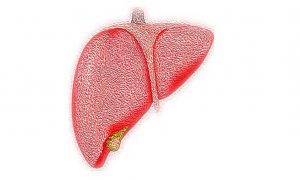The new guidelines by the ICMR suggests avoiding milk tea and advises tea and coffee consumers on when to drink them and the ideal quantity. See inside.
A new guideline issued by The Indian Council of Medical Research (ICMR) recommends that tea and coffee consumers be cautious about excessive consumption. The ICMR, in collaboration with the National Institute of Nutrition (NIN), released 17 new dietary guidelines for Indian citizens to promote healthy eating habits nationwide. The guidelines stress the importance of a diverse diet and being physically active. The research also raised concerns over excessive consumption of caffeinated drinks, including milk tea.
Read More: Ice cream-Gulab Jamun to date and milk: 7 wrong food combinations you must avoid as per Ayurveda
ICMR says to avoid milk tea and gives guidelines on when to drink tea, coffee
The guidelines released by ICMR stated that one should avoid consuming ‘tea, coffee and other caffeinated drinks along with meals or soon after meals’. The medical body advises that drinking tea should be avoided for at least an hour before and after meals to have tea. They also cautioned against excessive consumption, adding that caffeine in tea and coffee stimulates our body’s central nervous system and leads to physiological dependence.
The report also said, “Beverages (like tea) bind dietary iron and make it unavailable.” It reveals that tannins in caffeinated beverages can hinder iron absorption in our bodies. The tannins bind to the iron in the stomach, leading to iron deficiency and conditions like anaemia. Additionally, excessive consumption of coffee and tea elevates blood pressure and causes cardiac irregularities.
The ICMR guidelines recommend a daily caffeine intake of 300 mg. To put this into perspective, a 150 ml serving of brewed coffee contains 80 to 120 mg of caffeine, while instant coffee has 50 to 65 mg. Similarly, a serving of tea contains 30 to 65 mg of caffeine. Understanding these figures can help you manage your caffeine intake more effectively.
Read More: Obesity-Hair Loss Connect: Suffering From Hair Fall? It Might Be A Side-Effect Of Those Extra Kilos
Lastly, the ICMR guideline also suggested citizens avoid milk tea and highlighted the benefits of drinking tea without milk. It says drinking tea without milk improves blood circulation and reduces the risk of coronary artery disease and stomach cancer.





































